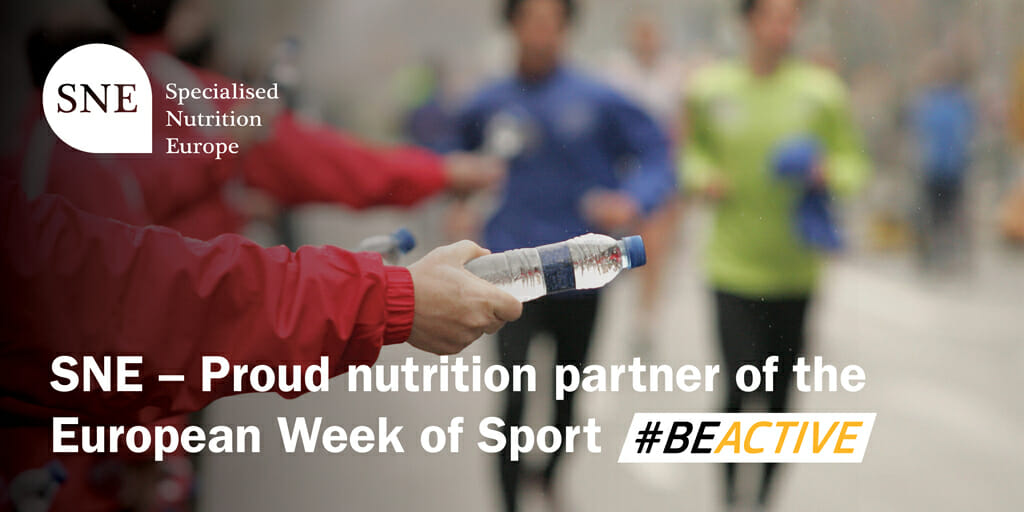Eating like an athlete: Learning from the best in a year of sport
Brussels, 23 September 2021: For many years now the European Week of Sport EWoS) promotes more active, healthier lifestyles to millions of people in Europe and beyond. More than ever sport has become a key element to maintain our mental and physical health. This year the EURO2020, Olympics, and Paralympics sport inspired and united the European population! But during this EWoS, it is worth considering: what does it take for the human body to perform at that level? And how can a non-athlete integrate healthy habits into their exercise routine? The answer lies in the intersection between regular physical activity and appropriate, tailored nutrition.
As a practitioner of rowing and cycling, I like to look to sportspeople and athletes as a source of inspiration because they maintain a regular, high-intensity, exercise routine throughout the year. So what can we learn from sportspeople when trying to integrate more exercise into our daily lives? In fact, unsurprisingly, it comes down to not simply doing physical activity, but also nourishing the body correctly. An athlete’s diet is quite specialised, so there is a lot to learn about nutrition, including what to consume and when to consume it. Because the body processes energy differently pre-, during, or post- exercise, what we eat, the amount we eat, and when we eat it actually have an incredible impact on how our bodies perform and recover.
Let’s take a deep dive into the core components of a sportsperson’s diet.
In order to reach key performance moments like competitions in pristine shape, athletes aim to maintain a healthy body throughout the year, focusing on a balanced diet with the correct nutrition. Contrary to popular myth, carbohydrates and fats are key components of this, along with protein and nutrients such as vitamins and mineral. In fact, those who exercise regularly should have a caloric intake of about 30% fat and should increase their carbohydrate intake as they increase their level of activity[1]. In general, we should eat 0.8 g of protein per 1 kg of body weight per day, though people who exercise more intensely would need even more protein to make sure their muscles can regenerate effectively. Integrating these appropriately into a diet can help ensure that the body can perform to its full potential and recover from intense physical activity.
Just as the body needs food, so it needs hydration. Losing more that 2% of your body weight in water has a huge impact on athletic performance, so drinking plenty of water in the 2-4 hours before exercising is crucial[2]. Isotonic drinks can also help hydrate the body even more effectively when doing high-intensity exercise or sweating excessively, as they help maintain hydration levels and sodium, vitamin, and mineral reserves. Directly before, or during long sessions of exercise, it is also important to replenish the bodies reserves and maintain blood sugar levels[3] by eating quick release carbohydrates, such as nutrient dense energy bars or sports gels.
Enthusiastically jumping into new exercise routines can be quickly disheartening if the body is not able to recover well following activity. Muscle recovery, rehydration, and replenished energy reserves are crucial elements to make sure the body can rest and regenerate correctly, and be ready for future activity. This is why the immediate post-exercise period is a crucial moment, and why athletes and top sportspeople make sure to never underestimate the steps needed during this time. Protein helps protect, build, and repair muscles, whilst carbohydrates can effectively fill up depleted energy reserves. Hydration, whether in the form of water or sports drinks, will help your bodies cells regenerate, increase performance, and replace the sodium, minerals, and vitamins lost during exercise.
As with most things, being fully informed is the key to success. The EWoS is a crucial and exciting moment for us all to take stock and prioritise the health of our bodies by trying new sports, picking up old ones, or simply improving the habits we already have.
SNE also welcomes the publication of the first-ever European wide standard to prevent the presence of doping substances in sports nutrition and food supplements (February 2021). From the very start of the discussions, our sector has been fully supportive of the development of this first-ever European wide standard to prevent the presence of doping substances in sports nutrition.
Prof. Udo Herz
President of Specialised Nutrition Europe (SNE)
[1] https://www.eufic.org/en/healthy-living/article/optimum-nutrition-for-sports-performance-macronutrients-micronutrients
[2] https://www.eufic.org/en/healthy-living/article/optimum-nutrition-for-sports-performance-macronutrients-micronutrients
[3] Potgieter S (2013). Sport nutrition: A review of the latest guidelines for exercise and sport nutrition from the American College of Sport Nutrition, the International Olympic Committee and the International Society for Sports Nutrition. South African J

